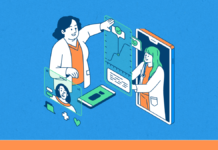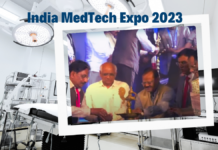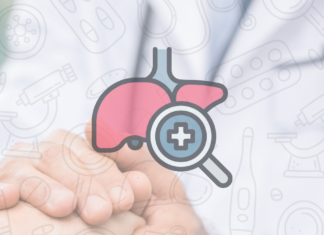The National Medical Commission (NMC) has made noteworthy revisions to the MBBS curriculum, bringing about substantial changes in medical education across the country.
Alongside the curriculum updates, the NMC has introduced an innovative initiative called the Family Adoption Program, which aims to promote village outreach and community engagement for MBBS students.
Family Adoption Program Details:
- Diagnostic Medical Camps: Each medical college will organize a diagnostic medical camp in a village as part of the program. These camps will serve as a platform for identifying and addressing various health issues prevalent in rural areas.
- Health Issues Targeted: The diagnostic camps will focus on the detection and management of conditions such as anaemia, malnutrition in children, hypertension, diabetes mellitus, ischemic heart diseases, kidney diseases, and other local health problems.
- Acute Illness Care: If patients require immediate hospitalization for acute illnesses, they will be admitted under the care of medical students. Charges for these services may be waived off or provided at a reduced rate through government schemes or concessions.
- Involvement in Chronic Illness: Medical students will actively participate in the treatment and management of patients with chronic illnesses, providing them with valuable hands-on experience and exposure.
- Allocation of Families: Each medical student will be assigned approximately five families as part of the program. During the first visit, students will introduce themselves and establish a connection with these families.
- Camp Organization: The responsibility for organizing the diagnostic camps will lie with the Dean and the Department of Community Medicine or Preventive and Social Medicine (PSM). Associate/Assistant Professors, social workers, and supporting staff will actively participate in these initiatives.
- Community Involvement: To ensure the success of the Family Adoption Program, active involvement from the local population and village leaders is crucial. Their participation will foster a sense of ownership and facilitate a comprehensive approach to healthcare delivery in rural areas.
- Annual Follow-up Camps: Following the initial visits, the Department of PSM will continue conducting annual follow-up diagnostic camps. These camps will allow for ongoing monitoring and treatment of patients. Subsidized treatment charges may be provided under government schemes or welfare programs.
The implementation of these changes by the National Medical Commission signifies a significant step toward addressing the healthcare disparities between urban and rural areas. By incorporating the Family Adoption Program into the MBBS curriculum, medical students will gain practical exposure to community healthcare, enabling them to better understand the unique challenges faced by rural populations.
The NMC aims to improve overall healthcare in the country and inspire future medical professionals to actively engage in community-oriented initiatives. By fostering a holistic and inclusive approach to healthcare, the Family Adoption Program and revised MBBS curriculum strive to create a healthier society for all.










